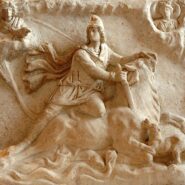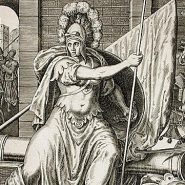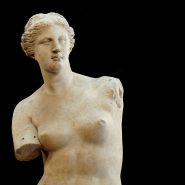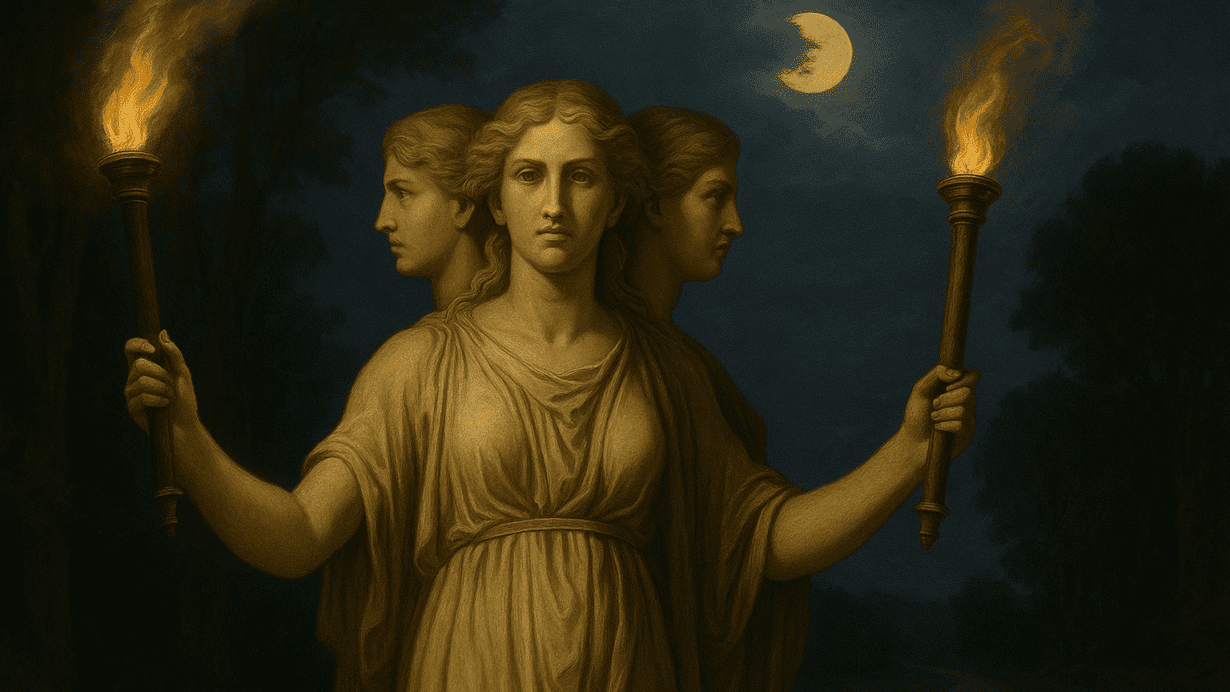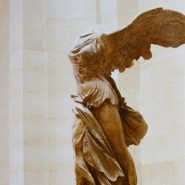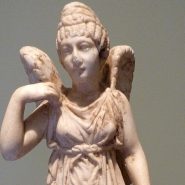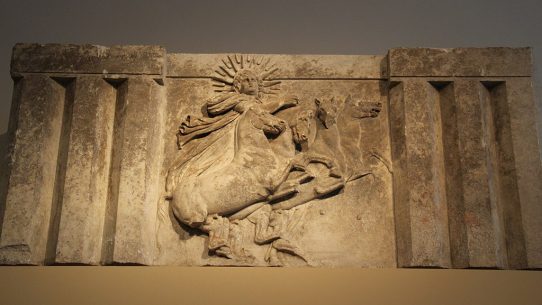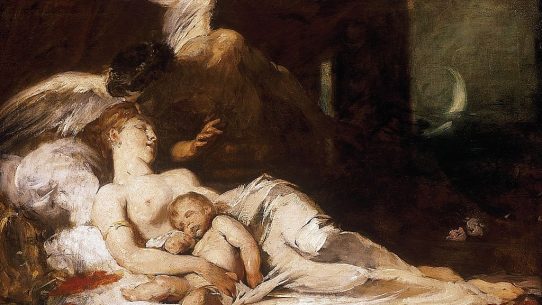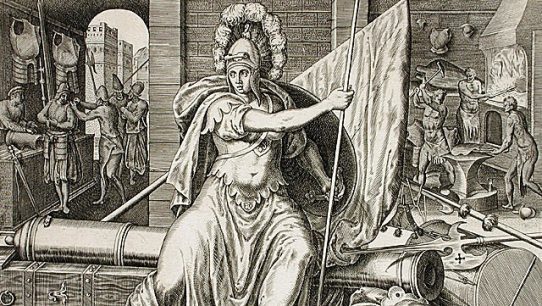Trivia, the mysterious Roman goddess of crossroads, ghosts, and witchcraft, stood at the threshold between worlds — the living and the dead, the seen and the unseen. Her name, meaning “of the three ways,” reflected her dominion over places where three roads met, symbolizing decision, fate, and the convergence of mortal and divine paths. Though often shadowed by her Greek counterpart Hecate, Trivia held a powerful role in Roman religion as a guardian of boundaries and a mistress of magic.
Origins and Mythological Background
Trivia was the Roman form of Hecate, a goddess who descended from ancient pre-Greek traditions of the night and the underworld. The Romans, fascinated by her aura of secrecy and power, adopted her into their pantheon as a protector of crossroads and a guide to souls traveling between realms.
Her name, derived from tri- (three) and via (way), represented her triple nature. She was often envisioned with three faces or bodies, looking in different directions — a fitting image for one who watched over all paths and choices. At her sacred intersections, offerings of food, honey, and garlic were left to appease her and the wandering spirits she commanded.
Trivia’s dominion extended beyond roads and borders. She was invoked in nocturnal rites, lunar worship, and magical incantations. As a liminal deity, she presided over transitions: birth and death, dusk and dawn, ignorance and revelation.
Symbols and Depictions
In art and literature, Trivia was depicted as a triple-formed goddess holding torches, keys, or serpents — symbols of illumination, access, and wisdom. The torches represented her power to light the way through darkness, both literal and spiritual. Keys signified her control over the thresholds of the world, from the earthly to the infernal.
She was also associated with dogs, creatures of vigilance and guardianship. The howling of dogs at night was often believed to signal her passing or the presence of her spectral retinue. In Roman imagination, she was a figure of both reverence and dread — the divine presence who ruled the hidden spaces where destinies were shaped.
Worship and Ritual
Trivia’s worship was most often practiced at night and at rural crossroads. These intersections were believed to be charged with spiritual energy, where offerings were left to appease both the goddess and wandering spirits. Travelers would pour libations or leave small cakes, seeking her protection on uncertain journeys.
The Romans also honored Trivia during purification rites and festivals of the dead, such as the Lemuria, when restless spirits were driven from homes and streets. In these rituals, her name was invoked to bind ghosts and keep them from harming the living.
While she never had the grand temples of Jupiter or Venus, her presence was deeply felt in private and folk religion. Her shrines stood at the city’s boundaries and in secluded groves, reminding Romans that power and mystery thrived beyond civilization’s light.
Trivia and the World of Magic
Trivia’s association with witchcraft made her a patroness of magicians, seers, and necromancers. She was the goddess of secret knowledge — the power to see what others could not. Roman poets such as Ovid and Horace portrayed her as both a benefactor and a danger to those who dared to invoke her.
In Ovid’s Metamorphoses, the enchantress Medea calls upon Trivia before performing her dark rites, praying for the goddess’s favor in her spells. This link cemented Trivia’s image as a deity of hidden arts, one who could grant mastery over nature and fate — but only at a cost.
Her worshippers approached her with awe, knowing that she could as easily curse as bless. To honor Trivia was to acknowledge the duality of power: the light of knowledge and the shadow it casts.
Legacy and Influence
As Roman religion blended into late antiquity and early Christianity, Trivia’s image evolved and fragmented. Elements of her worship survived in the folklore of crossroads, where spirits were still believed to linger and where offerings were made to ward off misfortune.
Her triple form inspired the Christian concept of the trinity of virtues and vices, while her association with night and mystery echoed through medieval depictions of witches and the supernatural. In modern pagan and Wiccan traditions, she has been revived under her Greek name Hecate, continuing as a symbol of feminine power, transformation, and the wisdom of the liminal.
Trivia’s legacy endures in every choice made at a crossroads — the moment between paths when light and shadow meet, and destiny waits to be chosen.
